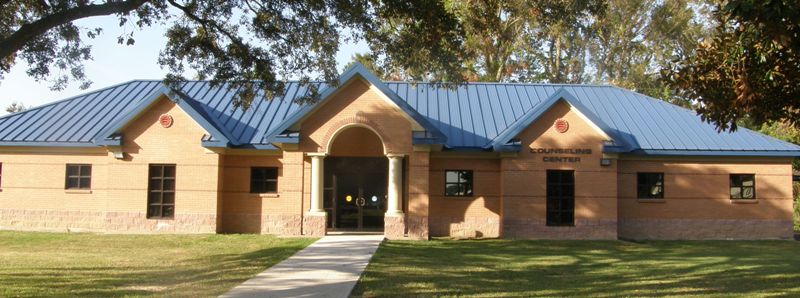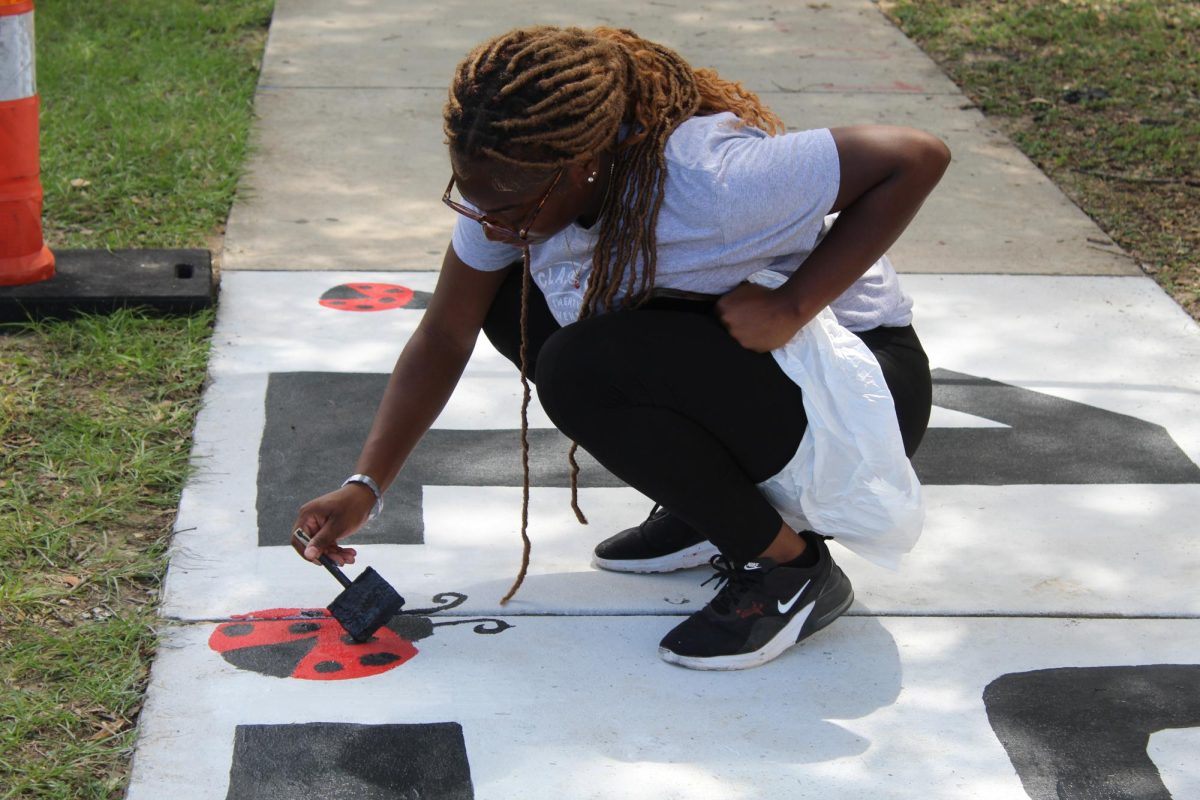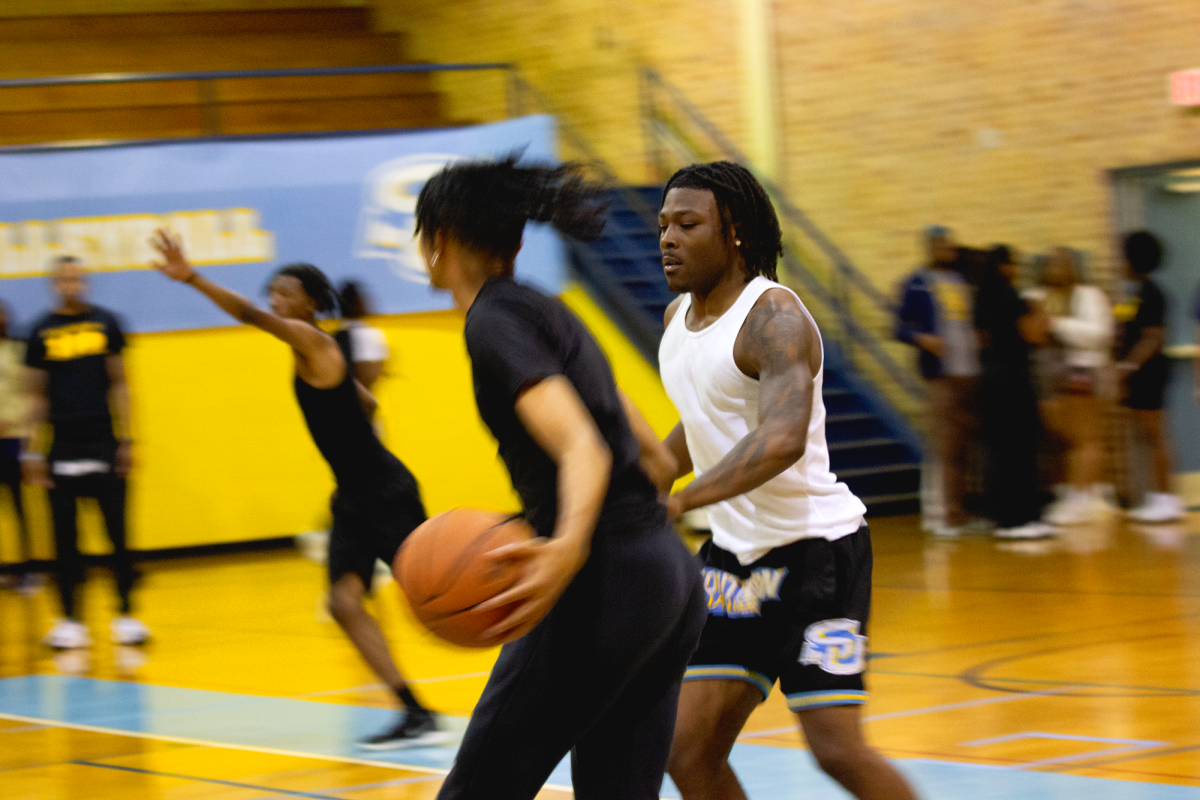Last Thursday, the Collegiate 100 Blank Women of SU hosted an AIDS awareness forum in the Lakefront room of the Smith-Brown Memorial Union. Crystal Parker, the chaplain for Collegiate, presided over the event.
“The newly elected officials wanted to raise awareness on campus and the best way for us to do that was use resources we have on campus.”
Collegiate enlisted the help of Brandon Norwood, the coordinator for HIV/AIDS counselors for Capital City Family Health Center and student at Southern University who is also a member of ROTC and the National Guard.
Parker also boasted that by Norwood speaking, he would be able to give audiences a first-hand look at what it means to be infected with HIV/AIDS or a STD.
Before Norwood was introduced, members of the audience participated in icebreakers that also doubled as tools to teach students how easy it is to pass on sexually transmitted diseases.
The first game, titled “Bust it Baby,” showed how easy it was for a condom to break, without the use of finger nails. The second and third games involved sharing a Twix candy bar and a can of soda with the crowd.
“Black Americans the 14-to-24 bracket are contracting diseases at an alarming rate. We’re here to introduce you to the realities of STDs, HIV and AIDS,” said Parker. Parker went on to talk about the seriousness of Hepatitis A, B and C and how the myth that HIV/AIDS and started from a man having sexual relations with a monkey in Africa was false.
Norwood, a sophomore business administration major from Baton Rouge, reiterated this point.
“HIV/AIDS can lay dormant for 20-23 years…meaning you can be in your 60s or 70s and find out you have it. Condoms are not as safe as you think. They do not protect against STDs, HIV/AIDS because to put on a condom, the penis has to be fully erect and blood has already flowed throughout.”
Norwood also cautioned against using lambskin condoms and said no brand of condom is better than any other. “There are only four ways to contact the disease,” Norwood said.
Those four ways were blood, semen, breast milk and saliva—though it takes 2.5 to 3 gallons to do so.
As a the coordinator, it is Norwood’s job to oversee the other counselors and work with patients—which includes testing and delivering results, counseling those infected with HIV/AIDS and speaking to groups about sexual health and abstinence.
“It’s a sad situation,” Norwood starts when asked about his daily routine. “Each day I pray to God that I don’t have to tell someone they have HIV/AIDS. The other day I have to tell a young girl, seventeen, that she had HIV/AIDS. Her entire life has changed. Some patients have to take up to ten pills a day…two, three times a day.”
At the closing of his speech, Norwood stressed that everyone needs to get checked for HIV/AIDS and understand that anyone can get infected.
“I dislike that people are ignorant about HIV/AIDS. It isn’t just a homosexual disease, Third World, poor, black, white, rich, sexually active…it’s for everybody. We tested a guy who was found positive for HIV/AIDS not because he had sex, but his parents were infected and didn’t tell him. If you’re gonna have sex, protect yourself.”
Jessica Lewis, sophomore rehabilitation major from Los Angeles found the forum to be informative and enjoyable.
“This was excellent. I learned a lot of information I didn’t know before. The games at the beginning were different.”
Categories:
Students get ‘real talk’ about AIDS risks
September 23, 2008
0
More to Discover





